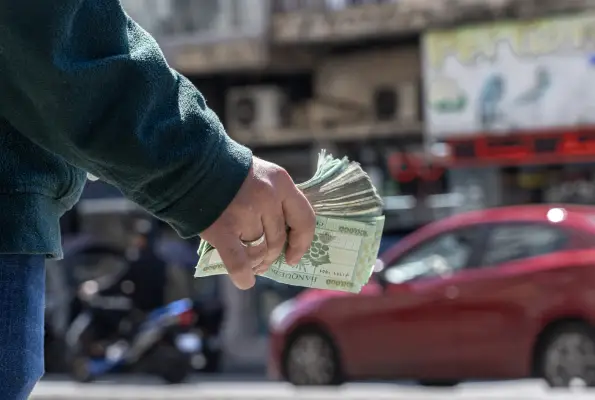S&P Global raised Lebanon’s long-term local-currency rating from CC to CCC. This modest upgrade reflects early reform momentum. The new government (sworn in Feb. 2025) passed key laws (amending banking secrecy and approving a bank-restructuring act) to unlock an IMF programme and resume long-delayed debt restructuring. It comes amid a battered economy, as the World Bank now sees GDP rising about 4.7% in 2025 after a roughly 7.1% contraction in 2024.
After years of crisis, Lebanon remains fiscally fragile. Prudent budgets, which include no domestic debt issuance in 2024/25 and tighter spending, have produced small surpluses. Inflation and a stabilised exchange rate have inflated nominal GDP, so net government debt is projected at approximately 113% of GDP by the end of 2025, down from around 240% in 2022. Lebanon is, however, still in default on most of its Eurobond debt. The pound has largely held near LBP 89,000 to 90,000 per USD since early 2024, far above the official 15,000 peg, which reflects years of sharp devaluation.
“The outlook assumes gradual progress but acknowledges significant downside risks ahead of the May 2026 parliamentary elections,” Soojin Kim, a research analyst at MUFG Bank, said.
“Lebanon remains in selective default (SD) on its foreign currency debt and has yet to pass the critical Financial Gap Law, which is central to determining past banking sector losses and compensating depositors,” Kim added in a report.
Investors see cautious optimism but also clear challenges. The rating bump signals that agencies view reform progress as real, which is a positive for eventual funding, although major hurdles remain. Parliament has yet to pass a crucial “Financial Gap” law to assess bank losses and repay savers, and talks with the IMF are still in early stages (an IMF mission is expected shortly).
Geopolitical instability, especially the Israel–Lebanon border conflict, and looming mid-2026 elections add further uncertainty. In short, Lebanon’s credit upgrade offers hope to investors that reforms are taking root, although fundamental risks persist.


